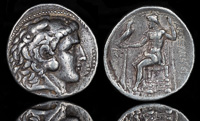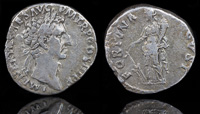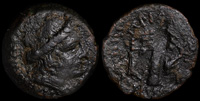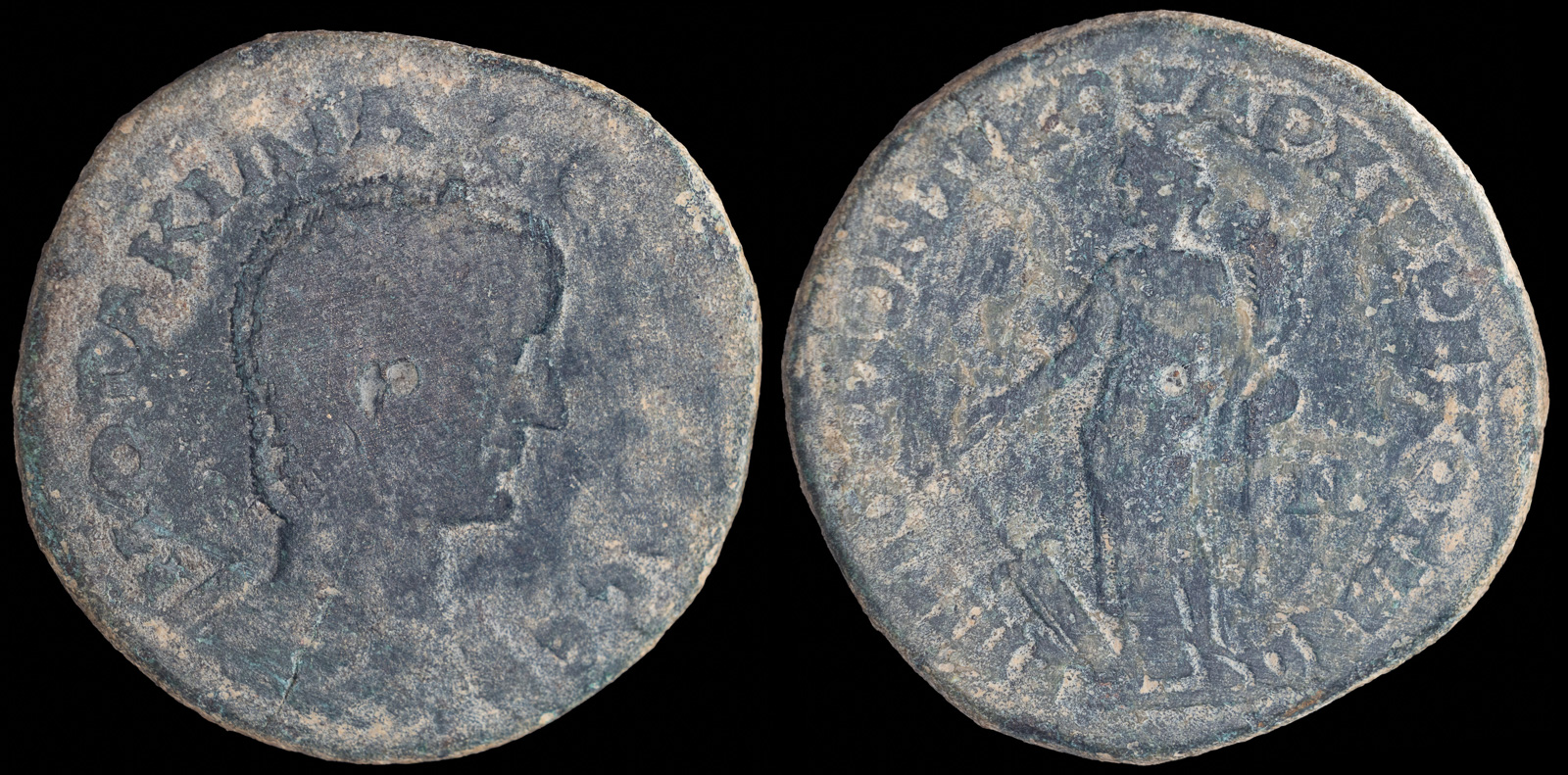Rudder
View All Tags
In Greek mythology, the rudder could also be linked to divine influence and fate. Just as a captain steered a ship, the gods were believed to steer the lives of mortals, guiding them toward their destinies. The connection between rudders and the divine can be seen in the way some gods, particularly Poseidon, the god of the sea, were invoked for favorable journeys. Rudders were thus not only seen as tools of human control but also as instruments through which divine forces could exert influence.
Moreover, the rudder had a symbolic association with the concept of justice and governance. In the political sphere, rulers and lawmakers were often compared to the steersman, or the one who holds the rudder, guiding society toward order and stability. This connection was made clear in the metaphorical use of the rudder to describe the role of a wise leader who, like a captain, ensures that the state or city-state remains on course, avoiding chaos and disorder. The image of the rudder was thus employed to signify the control, responsibility, and foresight needed to govern effectively.

Kotiaion, Phrygia 244-249 CE

Menelaus 315-306 BCE

Nerva 97 CE

Priansos, Crete 320-270 BCE
